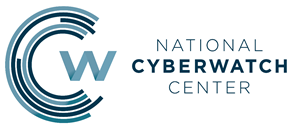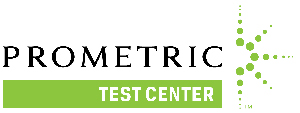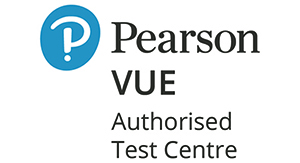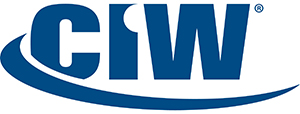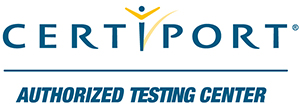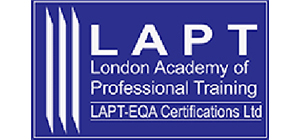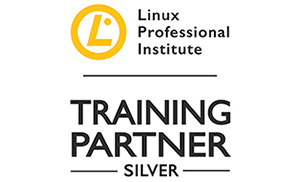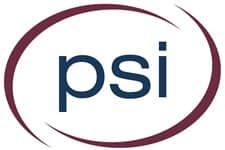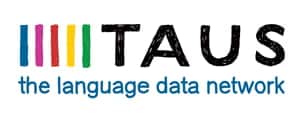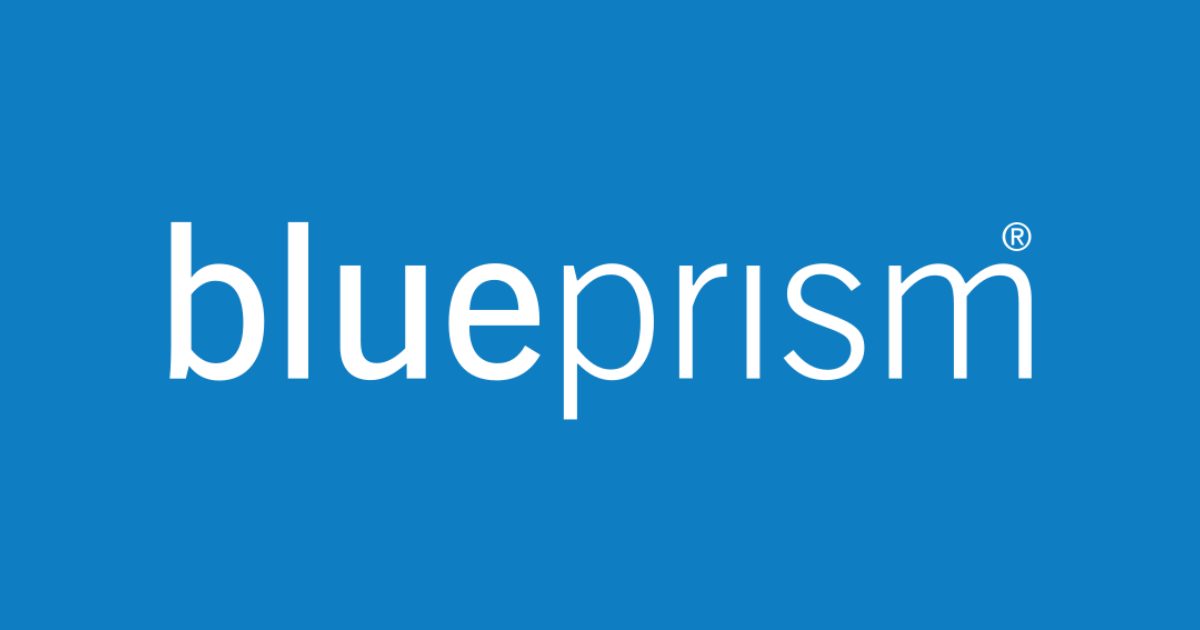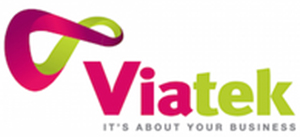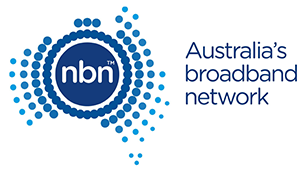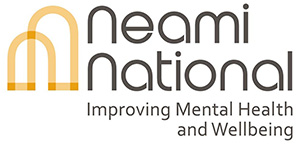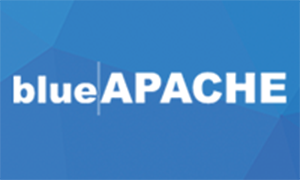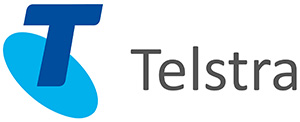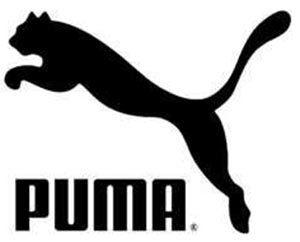Nowadays, Software development is rapidly changing, so the tools and technologies must respond to this fast pace evolution. Such changes aim to manage a short delivery time, improve customer satisfaction through increasing productivity and product quality. Software testing plays a key role in achieving these objectives. And, in turn, automation tools have a central position in the software testing landscape. In this article, I will overview the 5 of the most popular free tools which are used in automated software testing.
- No doubt that at the moment Selenium is one of the most popular open-source test automation frameworks for Web applications. History of Selenium started in 2004 by Jason Huggins as “JavaScriptTestRunner” as an internal tool for ThoughtWorks. Later, it evolved into the Selenium 1.0 or Selenium RC and currently, we have Selenium WebDriver. At the moment, Selenium supports multiple platforms – Windows, Linux, macOS, and most of the modern browsers – IE, Firefox, Chrome, Opera, Safari, Headless browser. The test can be scripted in various programming languages such as C#, Java, Python, Ruby. The flexibility of This framework allows creating complex and advanced test scripts to meet various levels of complexity. Selenium became the core for such frameworks as Katalon Studio, Watir, Protractor, Robot Framework. It also can be used with BDD tools – Cucumber, Specflow.
- Sikuli provides the interesting concept of a cross-platform automation tool, which can be used for creating test scripts using the “image based scripting”. Sikuli was created in 2008 by Rob Miller, Sean Tsung-Hsiang Chang, and Tom Yeh. It allows automating everything that is visible on the screen without advanced knowledge of internal API. As a programming language, Sikuli uses Jython (In SikuliX – was added possibility to use Ruby). In-build functions of this tool take the imagesscreenshots as a parameter. Sikuli supports Windows, Linux, and macOS.
- Katalon Studio. This framework is based on 2 powerful tools – Selenium and Appium. Using features of these frameworks, Katalon became a powerful test automation solution for web applications, mobile, and web services. It supports the different levels of skill sets of the testers. Those, who are not proficient in programming – can use the recording feature, while advanced testers can create their own libraries to support the testing. Katalon Studio using Katalon Analytics provide comprehensive views of reports with metrics, charts, and graphs.
- Watir stands for Web Application Testing in Ruby. It is obvious from the acronym explanation, that Watir is an open-source family of Ruby libraries. Watir supports cross-browser testing for most of the modern browsers i.e: Firefox, Chrome, IE, Opera, and Safari. Watir project consists of several smaller projects: Watir-classic – based on inbuild Ruby OLE, Watir-webdriver – derived from Selenium 2.0, Watirspec – executable specification of the Watir API.
- Robot framework. This framework is implementing the keyword-driven approach for acceptance testing and acceptance test-driven development. Robot framework can be used for Web and Mobile testing and its test capability can be extended by implementing additional test libraries using Python and Java. Selenium also is a popular combination for the Robot framework.
As we can see, the test automation world provides a lot of open-source solutions to improve your testing. The list above is showing the most popular tools but with market continuous movement, more and more cool tools come into the light each year.
https://www.logitrain.com.au/courses/software-testing/astqb-foundation.html


